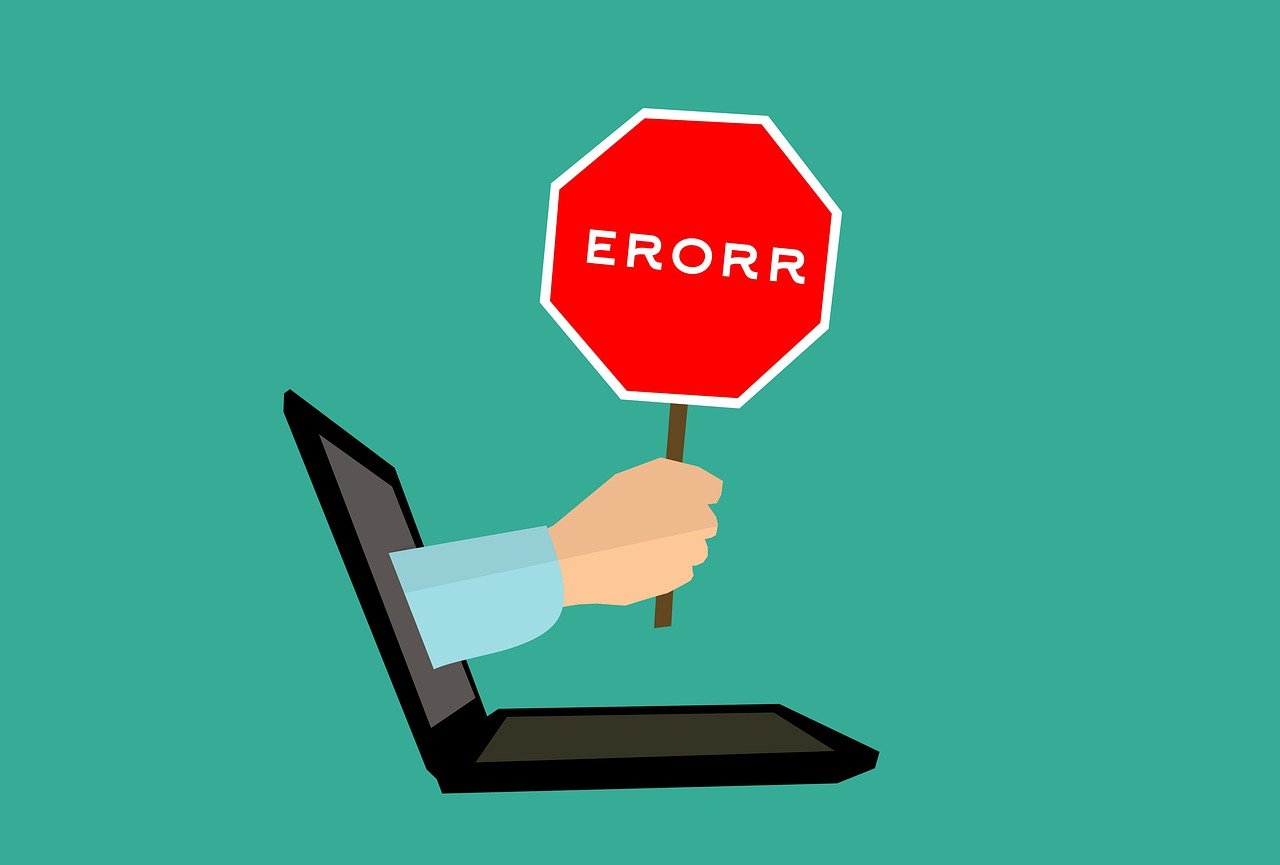When we learn a new language, we will inevitably make mistakes. They’re an essential part of our learning journey. While it’s normal to make mistakes, we should try to note them to avoid them in the future. Maybe it has something to do with vocabulary, grammar, or pronunciation. Whatever it is, it needs to be addressed.
French learners tend to make mistakes that follow a somewhat specific pattern, probably because they tend to compare French to their native languages. Would you like to learn more about these mistakes? Then read my list of the most common mistakes in French. Allons-y!
Confusing Genders

If your native language is gender-neutral, then this probably sounds familiar to you. Remember everything in French has a gender, even objects and countries! Who would have thought? Look at the words below:
ami/amie (male friend/female friend)
canadien/canadienne (male Canadian/female Canadian)
joyeux/joyeuse (happy masculine/feminine)
How in the world can you tell them apart? Well, luckily, you can distinguish the gender in most cases by looking at the ending. Of course, there are always exceptions to the rule, but if you learn the most common endings of masculine and feminine words, you will make fewer mistakes in this regard.
Pluralizing Words
This is another common mistake. In French, we commonly pluralize words by adding -s at the end. However, that is not always the case. Look at the following examples:
animal –> animaux (animal –> animals)
réseau –> réseaux (network –> networks)
travail –> travaux (work –> works)
As you can see, in some cases we pluralize words by adding -x instead of -s, while in others, we change the spelling.
Tip: Most of the time, we pluralize words ending in -eu or -eau by adding -x. In the case of the words ending in -al or -ail, we pluralize them by adding -aux.
Expressing Negation
In English, the double negative is incorrect, but in French, it’s mandatory. The most common pair used to express negation is ne + pas. It doesn’t have an English equivalent, but we use this pair to express a negative idea. Look at the following examples:
Je ne bois pas de soda. I don’t drink soda.
Il n’aime pas la tomate. He doesn’t like tomatoes.
We always use ne + another word to express negation. Some words commonly used with ne include jamais, guère, que, and ni. French learners tend to omit ne, but that is a mistake. Although native speakers omit it, too, it’s important to be aware that it is a mistake.
Confusing Partitive Articles
Partitive articles are confusing, mainly because they don’t have an English equivalent. However, they’re widely used, and as such, we have to understand them.
We use partitive articles to indicate a part of something, hence the name. It’s something similar to English some or any. The four French partitive articles are du, de la, de l’, and des.
We use du with masculine singular nouns, de la and de l’ with feminine singular nouns, and des with plural nouns (regardless of gender).
A common mistake students make is expressing negation with partitive articles. In the negative, we only use de whether the noun is masculine/feminine or singular/plural. Look at the following examples:
Je bois du soda –>> Je ne bois pas de soda (I drink soda –> I don’t drink soda).
Je mange des bananes –> Je ne mange pas de bananes (I eat bananas –> I don’t eat any bananas).
Not Using Articles at All
In English, we don’t use “the” to talk about general things. For example, you wouldn’t say “I like the pizza”, right? The correct thing to say is “I like pizza”. Well, French doesn’t work like that. In this case, we would say “J’aime la pizza“. Look at the examples below:
J’aime les pommes de terre. I like potatoes.
Je ne bois pas de soda. I don’t drink soda.
Tu as de l’argent? Do you have money?
We always need some kind of article in French. Definite, indefinite, and partitive articles are necessary in affirmative, negative, and interrogative sentences. You will have to choose them accordingly depending on the idea you want to express. There’s no turnaround.
Expressing Origin

As we mentioned earlier, even countries have genders in French. Since they have genders, they must have articles that accompany them, right? Right!
Countries are preceded by either le, la, or des. This creates a big problem for non-native speakers. Let’s take a look at a few examples to see the problem:
Je viens de Canada –> Je viens du Canada (I come from Canada).
Je viens de la Suisse –> Je viens de Suisse (I come from Switzerland).
Students tend to make one of two mistakes: using de instead of du and using de la instead of de. Remember we use du before masculine singular nouns (Canada is masculine). However, when expressing origin, we don’t use de la with feminine singular nouns. In this case, we simply use de.
Using Être vs Avoir for Passé Composé
Passé composé is a nightmare for many students. To express something that happened in the past, we use passé composé. The problem arises when we have to choose between the auxiliaries être and avoir. This depends on the verb it modifies.
In some cases, you have to use être, while in others, you have to use avoir. But how do you decide which one to use?
Luckily for us, we use avoir in most cases. However, when using verbs of movement or reflexive verbs, we use être instead.
The problem is that some verbs can be used with both auxiliaries depending on the idea expressed. Look at the following examples:
Je suis sorti (I went out).
J’ai sorti la poubelle (I took out the trash).
The key is the direct object. If there is none, then use avoir.
Not Using Liaisons
Have you noticed that the French tend to combine words? This is called a liaison. Some liaisons are optional, but others are mandatory. Students tend to omit liaisons, but that is incorrect in many cases.
For example, how do you pronounce les hommes? The answer is something like layZom. This is a mandatory liaison.
To learn more about French liaisons, I recommend you read this article.
Confusing C’est and Il Est
Both mean “it is”, but they are not interchangeable. The key is the word they precede. Generally speaking, we use c’est before a noun and il est before an adjective. Look at the following examples:
C’est mon cousin. This is my cousin.
Il est mexicain. He is Mexican.
You can read more about the differences here.
Final Thoughts
The mistakes mentioned above are some of the most common mistakes in French. Of course, there are way more, but this would be a super long post. We will talk about other mistakes in future articles.
Do you make any of the mistakes we talked about today? Which ones? Let me know in the comments below. As always, feel free to leave your questions and comments, and I will be more than glad to answer them. Au revoir, les amis!
Let's Learn French! Are you ready to take your French to the next level? I'm glad you are! Whether you are a beginner or an intermediate/advanced learner, I can recommend a few options for you. For starters, if you're someone who likes to study on his own, I recommend the following programs: Busuu Mondly Rocket Languages However, if you would like to hire a teacher/tutor, I recommend you try the following: italki Lingoda Preply Feel free to check my site to learn about more resources. Don't forget to check back often to learn more about the French language and culture. Salut!


As an English language teacher living in Vietnam I found your article extremely interesting. It has been a long time since I studied French. The older generation in Vietnam, or at least some of them, can still speak French. And in my schoolboy French I did manage a few words. However I have learnt the Vietnamese language which is a very difficult language to master as it is a tonal language with 6 different tonal groups. I have also used Mondly which, in my opinion, is one of the better ones. However I have not used Busuu or Rocket Languages. Are they better than Mondly or much the same? I have Mondly on my phone but if the others are better i would change.
Thanks for a great article
Stephen
Hi, Steve,
I see what you’re saying. I also know several Vietnamese people that know some French because of Vietnam’s ties with France.
In answer to your question, they all cater to different audiences, but they’re all good in my experience. If you have been using Mondly for quite some time, I recommend sticking to it. However, you can try a different program for the sake of change. It doesn’t hurt.
Thanks for commenting.
Hey thanks for this article and for clarifying many of the verbs!
I love learning new languages although I haven’t quite learnt a full new language yet. I’ve been studying Spanish since secondary school but on and off, I have only just begun again and decided to add french into the mix. I keep getting the nouns and other words muddled up but I’m definitely thinking to write them out clearly somewhere!
Hi, Sariyah,
Honestly, I don’t recommend studying Spanish and French at the same time. As they’re similar languages, you will likely confuse them in terms of grammar and vocabulary. It’s better to first focus on one until you master it and then move on to the next.
Thanks for commenting.